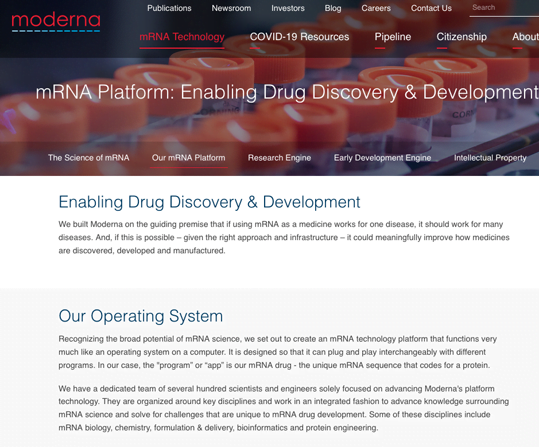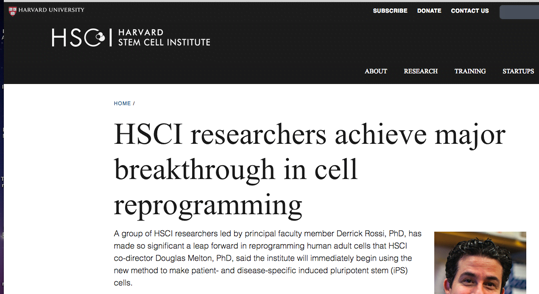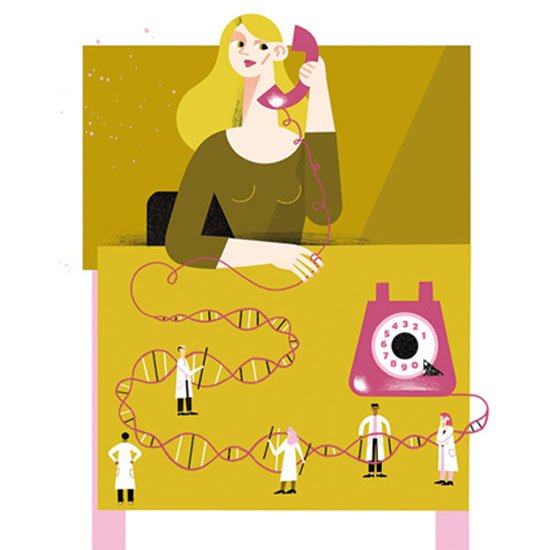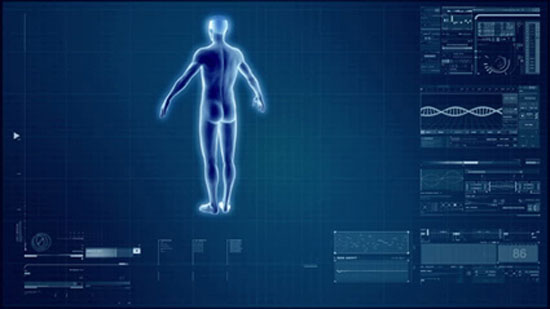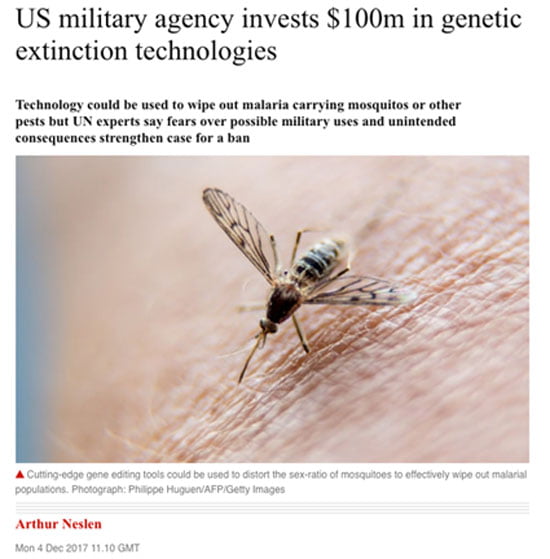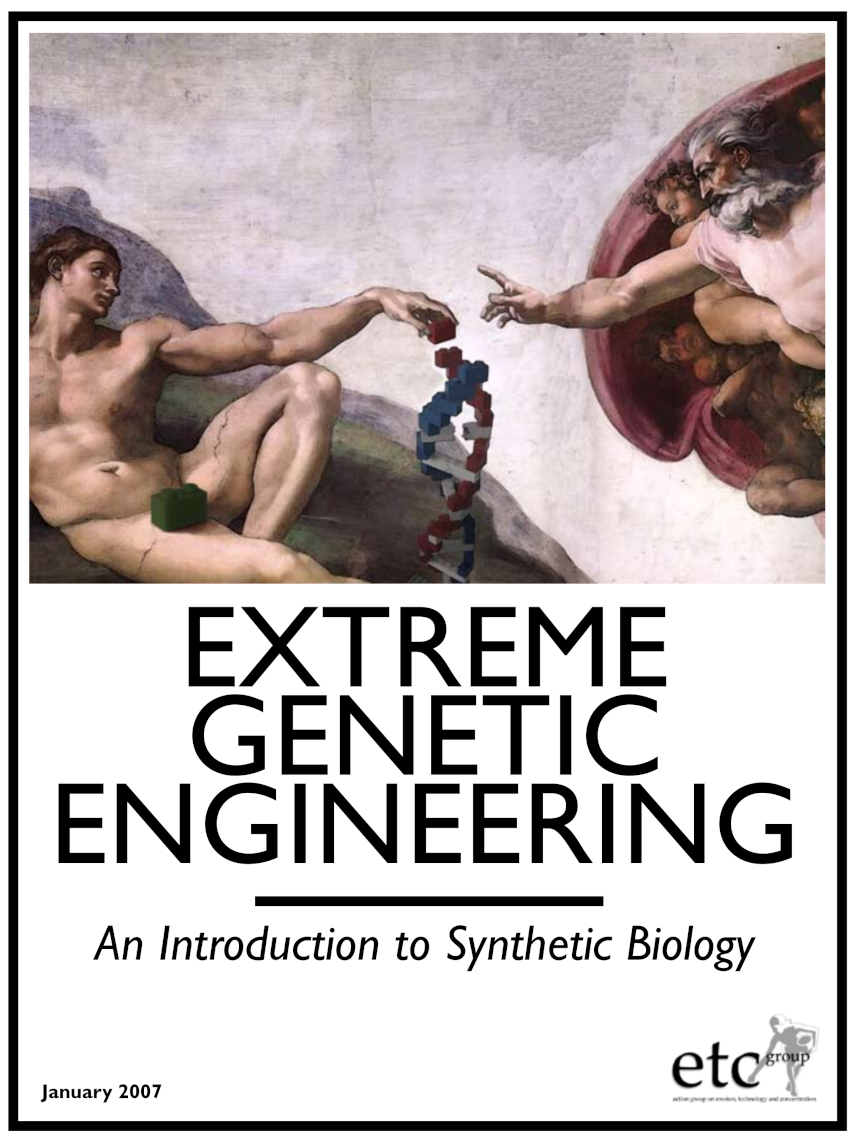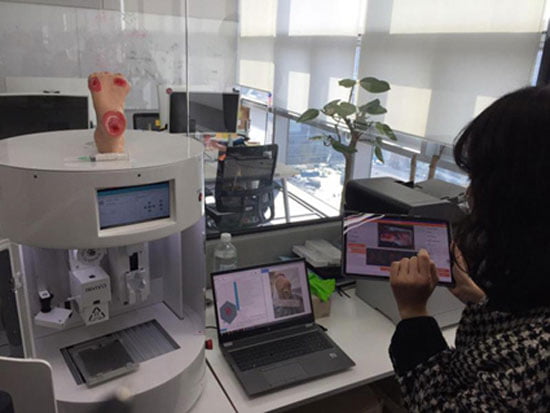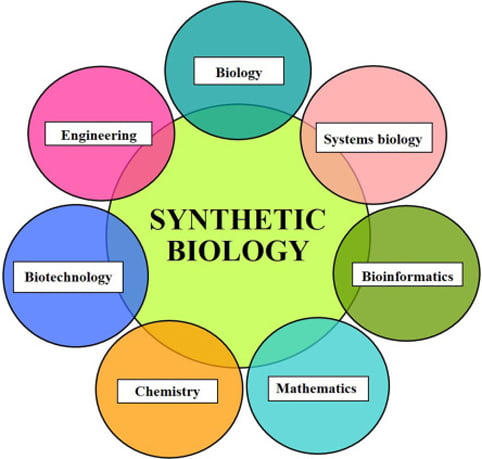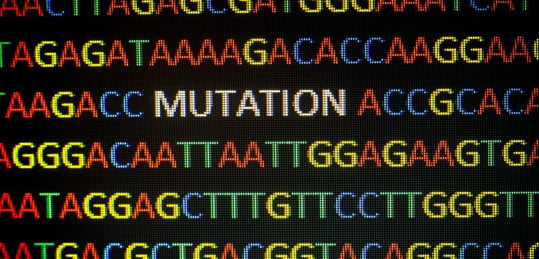What is more difficult? For someone to follow names and developments in the Middle East (or in Asia, or anywhere outside the “national village” and its demagogy)? Or to follow …
Blitzkrieg: the rapid advance of capitalist machines
What does the “average” layperson know about viral infections? What do they know about their treatments? What do they know about vaccines – those that used to be called (and …
Eternal youth (superficial first)…
A South Korean cosmetics company called Amorepacific, in collaboration with a team from the Korea Advanced Institute of Science and Technology (KAIST), is preparing to support and commercialize the latter’s …
Rescheduling
One of the key points that all members of the bioinformatics-security complex (and along with them, the masses of ordinary kool-aid drinkers who feed their hypertrophic egos with poser ignorance …
Ηave faith and doubt not
Deception is part of the job; especially when the “job” is to impose massive techno-scientific applications that, at best, would be considered dangerous. Therefore, there is a surplus of kibitzers …
Genetics, biometrics and the “informatization of the body”
Introduction In a work devoted to biometrics, it might not seem obvious to devote much attention to genetics. Genetics is a very special case within the category of biometric technologies; …
Genetic extermination
Between 2008 and 2014, the US government funded nearly $ 1 billion in synthetic biology research. From 2012 onwards, most of the relevant funds came from the infamous DARPA and …
Synthetic biology, genealogy: life is cheap!
Is it biotechnology? Is it nanotechnology? Or perhaps it is information technology? The field of synthetic biology is practically all three together – an example of “converging technologies”, another one …
Bioprinting
Every 1 to 2 seconds, somewhere on the planet, a diabetic will get an ulcer somewhere on the tip of his or her feet. Half of these ulcers become infected …
Health on your plate!
FReSH (initials standing for Food Reform for Sustainability and Health) is a benevolent initiative of the “World Business Council” to restructure the world’s food system; and to make companies adapt …
Synthetic biology
Synthetic biology (SynBio) is a multidisciplinary area of research that seeks to create new biological parts, devices, and systems, or to redesign systems that are already found in nature. It …
History of the messenger
What is the biotechnology of messenger RNA? Is it a simple technical breakthrough, as its followers claim, that will only lead to good for humankind? Or is it the first …

